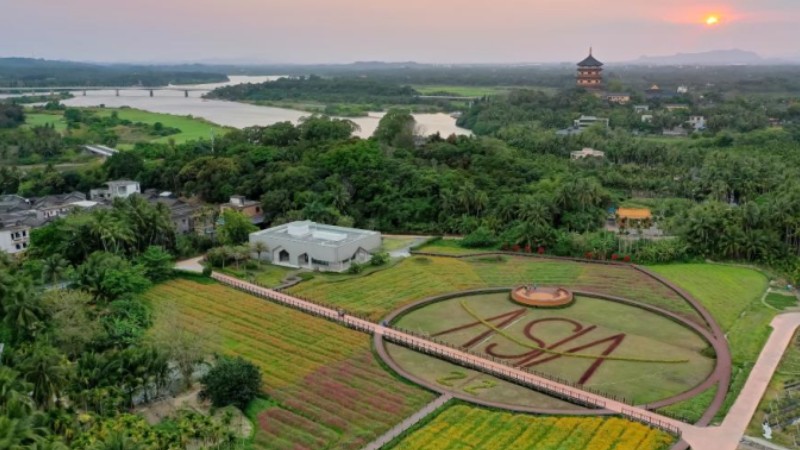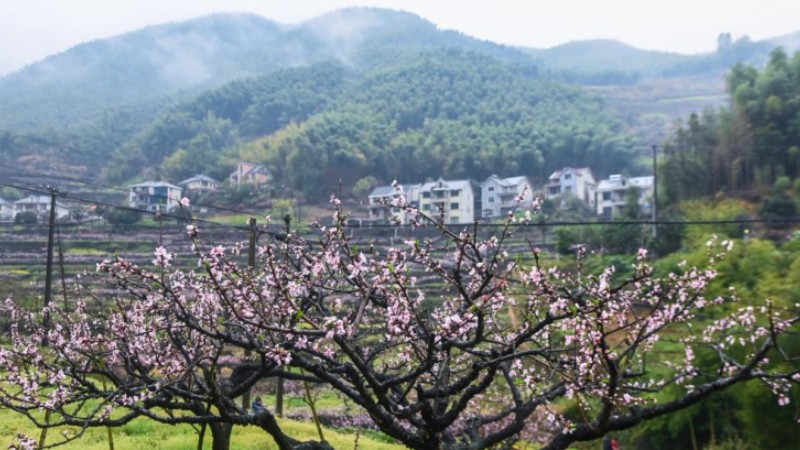Shanghai-based Italian architects strive to meet consumers' evolving demands
SHANGHAI, March 28 (Xinhua) -- For over two decades, an Italian architecture studio has been at the forefront of innovation, designing landmark buildings in China to meet the evolving needs of the Chinese people.
Italian architects Andrea Destefanis and Filippo Gabbiani first came to Shanghai in 2002 to take part in the renovation project of the city's century-old historical building Bund 18, which later received the UNESCO Asia-Pacific Heritage Award. This project served as the catalyst for their decision to establish Kokai Studio together in the city.
"We like the energy of Shanghai," said Destefanis, who recognized early on the China's need for high-quality projects and the importance of preserving historical buildings alongside creating new ones.
Over the past 20 years, the studio has participated in 350 construction projects, including several new landmarks across various cities in China. Their major projects include K11, an "art shopping mall" that deviates from traditional shopping centers, and Jianyeli Hotel, one of the first hotels in Longtang, a small alley in Shanghai's old residential district.
Destefanis prefers to be involved in meaningful projects to redefine or restore a part of the city, and Shanghai has provided him with opportunities to pursue this passion.
"We always say to our clients that we don't design for them, but we design for their clients who are the end users," Destefanis said.
In his view, the Chinese people's need in terms of design has changed a lot in the last 20 years. "In the past, Chinese people enjoyed going into a commercial space, a shopping mall that was like a box or a closed environment. What we have done is actually break this box, making the malls a part of the city and opening them to the city," he said.
Destefanis believes that this change in design approach would meet the new demand of Chinese people. "They now prefer to establish a connection with the city and spend more time outdoors as the environment is getting better."
At the same time, as more and more Chinese people travel around the world, Destefanis finds it increasingly difficult to satisfy their requirements for architectural aesthetics. "It is hard to surprise them and provide them with novel projects. Another very challenging part is that young Chinese designers are getting better at their skills, so the competition in the Chinese market is getting fiercer," he added.
The Kokai Studio started with three people and today around 50 designers and architects work there, according to the founders.
Destefanis and Gabbiani are very optimistic about the future of the Chinese construction market. Even during the difficult times induced by the COVID-19 epidemic, the studio did not lay off any employees.
"We believe that we still have a lot of work to do in China," Destefanis said.
Photos
Related Stories
Copyright © 2023 People's Daily Online. All Rights Reserved.









